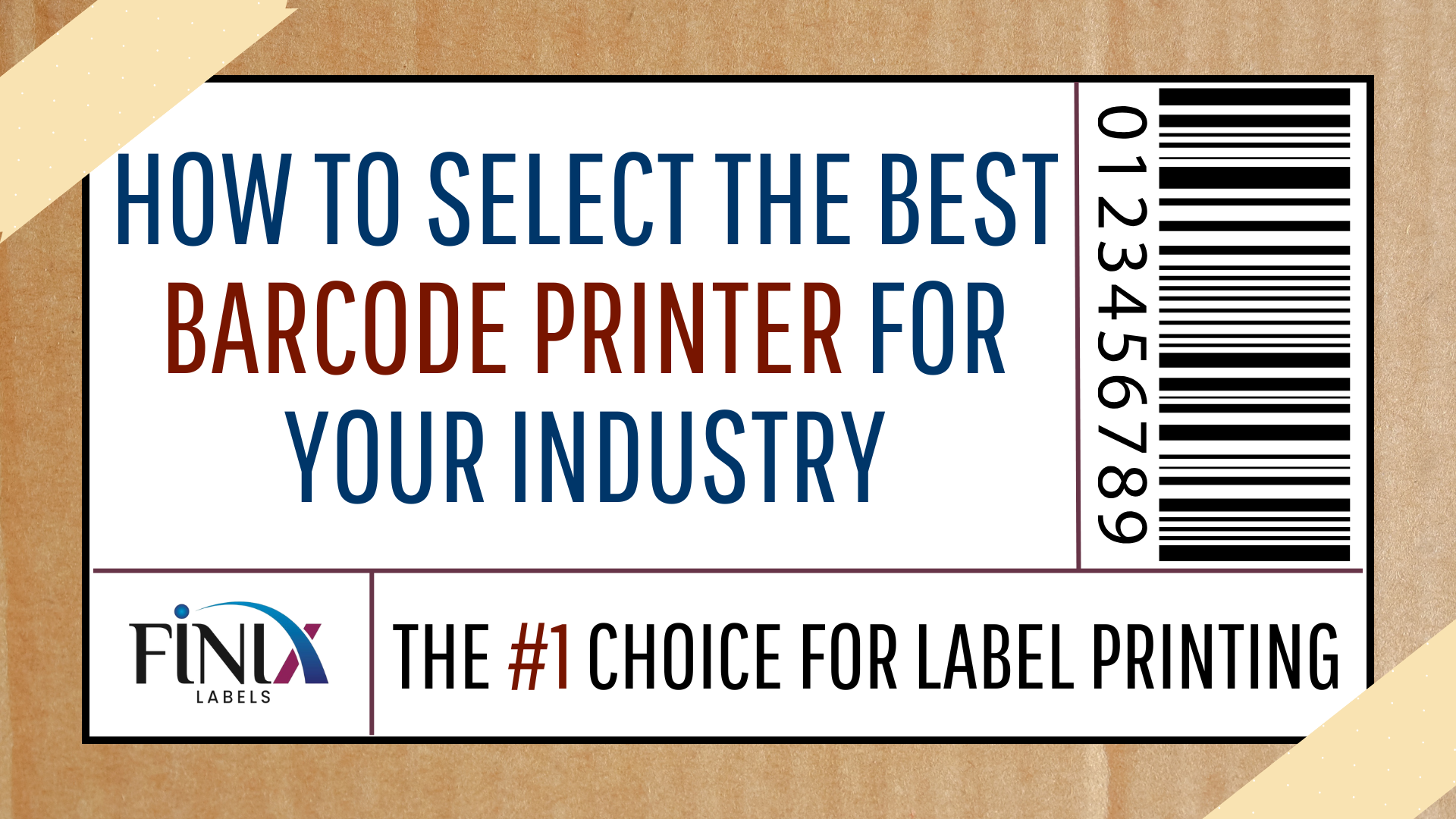How to Select the Best Barcode Printer for Your Industry
Barcode printers are necessary for product labeling, inventory management, and tracking in the fast-paced business world of today. Choosing the right barcode printer ensures efficiency and reliability, whether for a small retail shop or a large manufacturing unit. This guide explores different types of barcode printers and key factors to consider when selecting the best option.
Types of Barcode Printers
Desktop Barcode Printers
Compact and user-friendly, desktop barcode printers are ideal for small businesses, retail stores, and offices. They produce high-quality labels for inventory management, price tags, and shipping labels. Affordable and easy to use, they suit businesses with moderate printing needs.
Industrial Barcode Printers
Built for high-volume printing, industrial barcode printers are perfect for warehouses, manufacturing units, and distribution centers. They offer durability, continuous printing capabilities, and support various barcode symbologies, making them ideal for demanding environments.
Mobile Barcode Printers
For businesses needing portable printing, mobile barcode printers provide wireless connectivity and real-time barcode generation. Commonly used in logistics, healthcare, and field services, these battery-operated devices enhance operational flexibility.
High-Performance Barcode Printers
Designed for large-scale operations, these printers offer fast, high-resolution printing with advanced features like RFID encoding and variable data printing. They ensure superior print quality and compliance with industry regulations.
Key Factors to Consider
Printing Technology
Direct thermal printers use heat-sensitive paper, ideal for short-term labels like receipts and shipping labels. Thermal transfer printers use a ribbon to create long-lasting labels resistant to heat, moisture, and chemicals, making them suitable for warehouse management and asset tagging.
Print Resolution
Measured in DPI (dots per inch), print resolution affects barcode clarity. Standard barcodes require 203 DPI, while high-resolution barcodes and QR codes benefit from 300 DPI or higher for accurate scanning.
Connectivity Options
Barcode printers offer various connectivity options, including USB, Ethernet, Wi-Fi, and Bluetooth. Choosing the right connectivity ensures seamless integration with POS systems, inventory software, and cloud applications.
Printing Volume and Speed
Small businesses may need printers handling a few thousand labels daily, whereas large-scale production environments require high-speed barcode printers capable of printing thousands of labels per hour.
Durability and Maintenance
Industrial and high-performance barcode printers offer long-term reliability with minimal maintenance. Availability of replacement parts and technical support reduces downtime and ensures smooth operations.
Final Thoughts
The right barcode printer depends on business size, printing volume, and application needs. Small businesses benefit from desktop models, while warehouses and factories require robust industrial printers. Investing in a quality barcode printer enhances efficiency, accuracy, and inventory control, improving overall business operations.
For enquiries and barcode labels, mail us at info@finixlables.com
Call: +91 98464 31143
